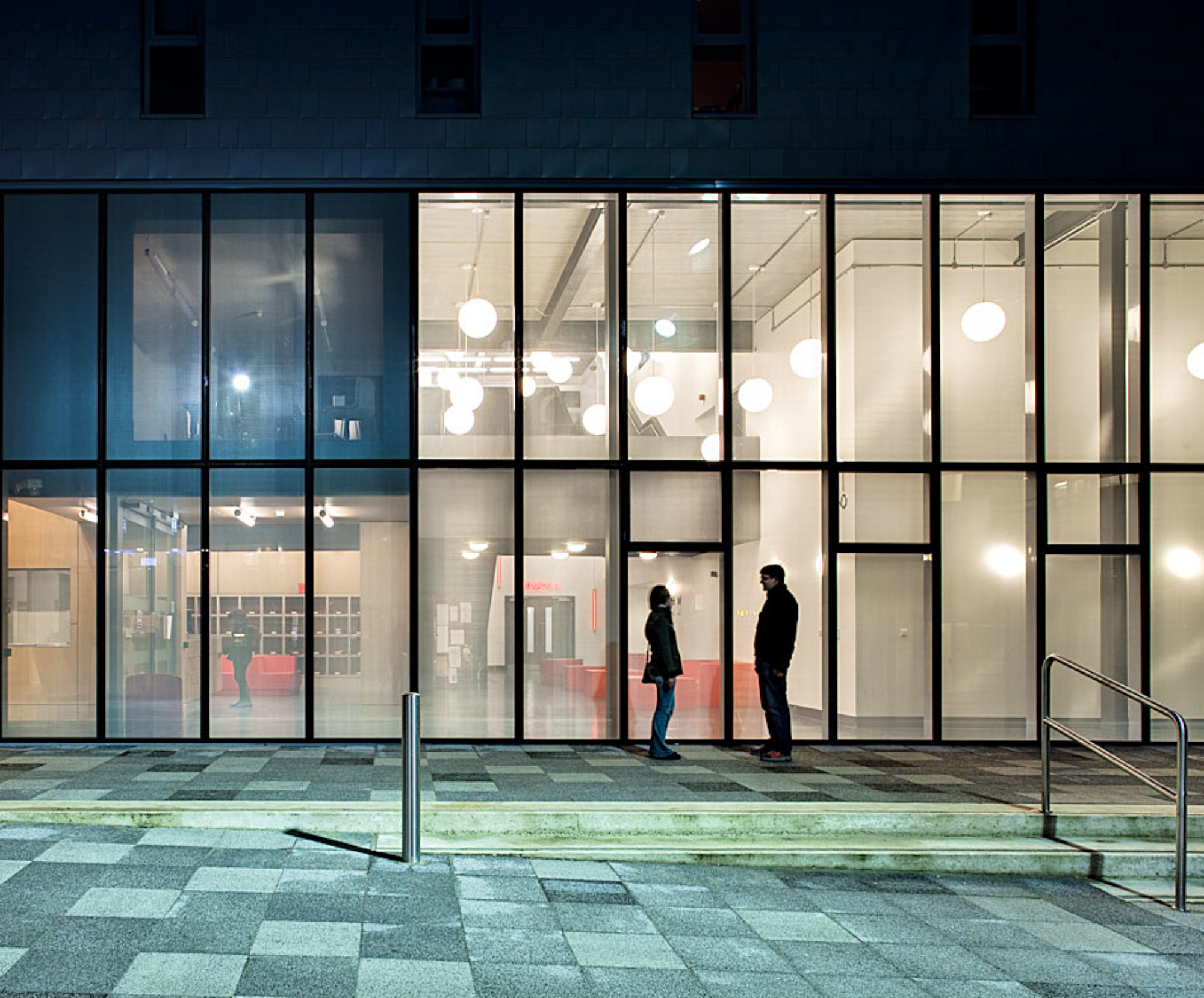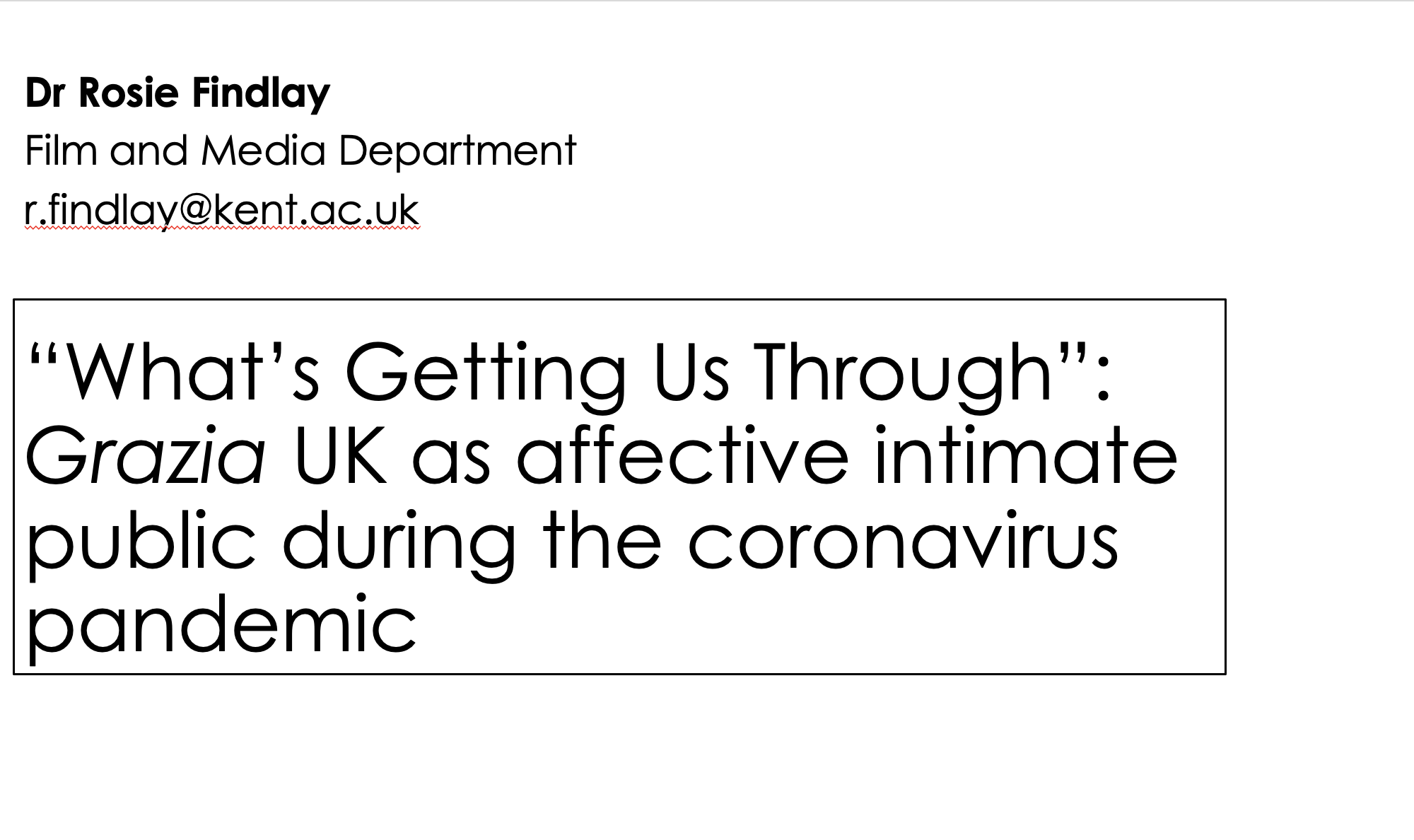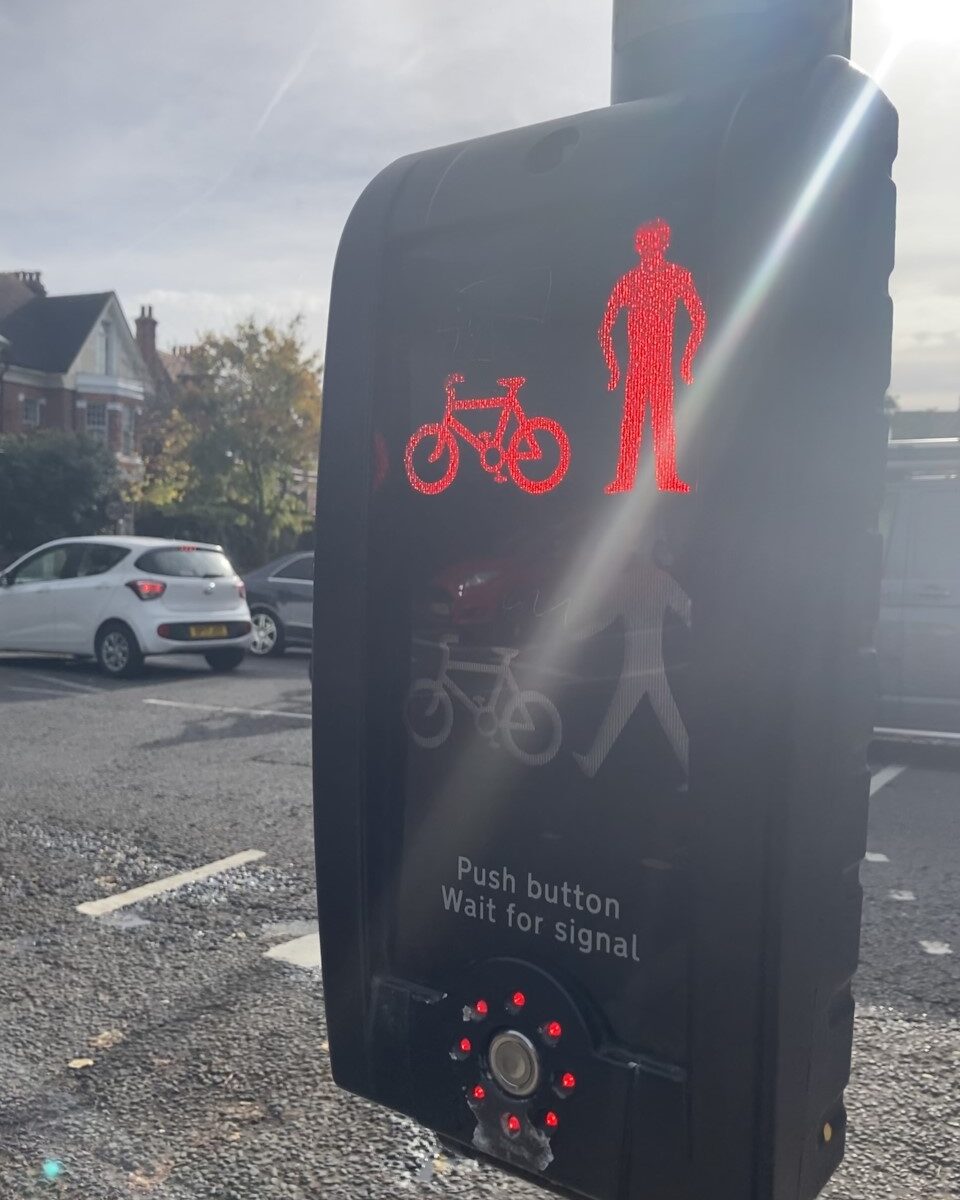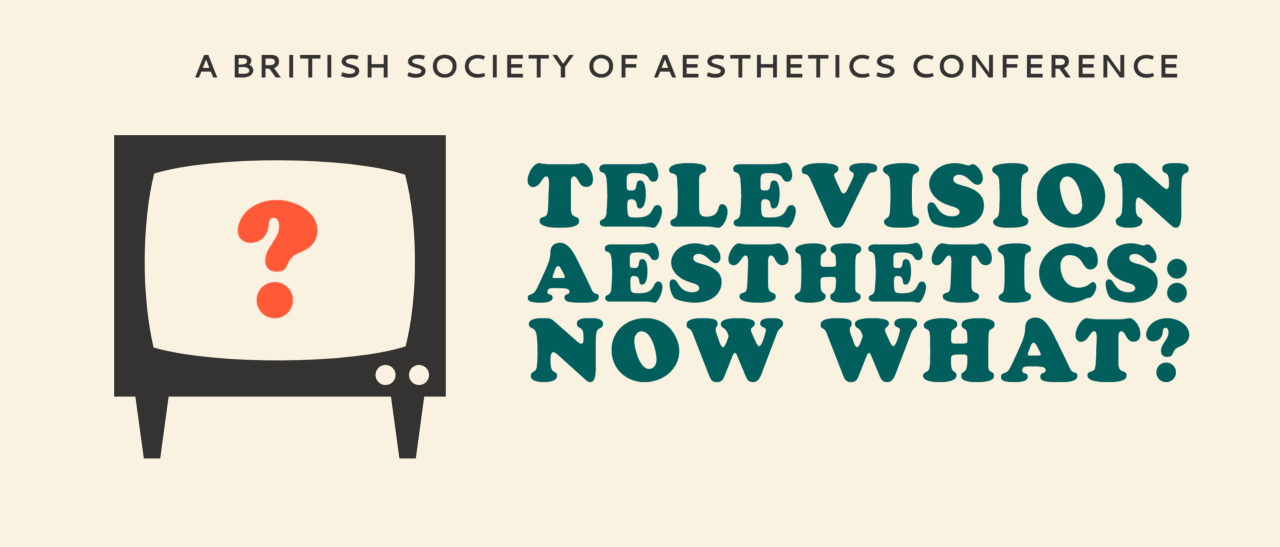10-11th November 2022, King’s College London – Hybrid format (in-person and online)
Conference website here
Keynote speakers:
Vid Simoniti (University of Liverpool)
Sarah Hegenbart (Technical University of Munich)
Carleen de Sözer (artist)
Recent protests against statues and monuments associated with racial injustice reflect increased ethical and social demands on art, especially as it occupies public space. Although public art has been the subject of a lively debate amongst scholars in art history and cultural studies, it remains largely neglected within the field of aesthetics, which results in the lack of a clear conceptualization of public art as an aesthetic category.
The aim of this workshop is to foment discussion on the concept of public art and to question the boundaries which demarcate it from similar categories, such as street art, socially engaged art, and participatory art. Understanding what makes public art ‘public’ implies asking about its purpose, its accessibility, and the artistic process by which it is created. As the widespread removal of statues in 2020 shows, another important concern is who constitutes the public for public art – more specifically, the relation between public art and political authority and the way public art contributes to the construction of civic identity and historical memory. This workshop focuses on the aesthetic and artistic conditions which determine the public nature of a given work, with the purpose of consolidating the theoretical framework of current debates.
Suggested topics include but are not limited to:
– What is the purpose of public art? Does it necessarily involve a social or political intention?
– What is the relation between public art and public space? How do we define public space? Is public accessibility a necessary condition of public art?
– Can there be public art outside the public space? How does the change of location affect the meaning and value of a work?
– What is the relation between public art and the public? How is the public for a work of public art defined? What is the role of the community in public art?
– What is the relation between public art and political authority? Is public art necessarily sanctioned by the state?
– How does public art shape the public space? What is its role in the construction of civic identity and collective memory?
– How is public art distinct from related categories, such as street art, socially engaged art, and participatory art?
– How do we evaluate public art? Must it meet specific criteria to be artistically successful? What makes a public work of art good or bad?
– Does the ‘publicness’ of public art involve any restrictions in terms of art form, artistic media, genres, and content?
– More generally, what are the defining features of public art?
We welcome contributions from all academic fields, including history of art and cultural studies, as long as they address the philosophical problems outlined above or related ones. Each speaker will have 20 minutes for the presentation, followed by 10 minutes of Q&A. Please consider sending your abstract (max. 500 words), accompanied by a short biographical note (max. 150 words), to beatriz.rodrigues@kcl.ac.uk until 31st August. We particularly encourage applications from scholars from underrepresented groups, including applicants with disabilities, applicants from BAME backgrounds, and women. The workshop will be in English and attendance is free. Successful applicants will be notified by 12th September.
This event is funded by the British Society of Aesthetics (BSA) and sponsored by the Centre for Philosophy and Art (CPA).
Organizers:
Beatriz Rodrigues (King’s College London)
Colette Olive (King’s College London)




